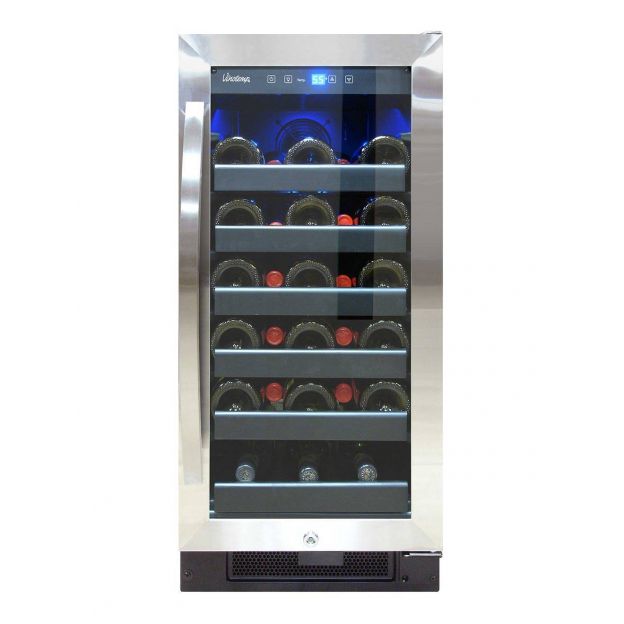
Electric Mirror LED Mirrors
FTC publishes first closing letters since Made in USA Labeling Rule went into effect in August.
Retailer removes all U.S.-origin claims from its products and makes several commitments in response to FTC inquiry.
When it comes to making “Made in USA” claims, substantiation is the rug that ties the room together. Which is to say, without substantiation such claims are unlikely to stand up to scrutiny.
Crate and Barrel recently got a reminder regarding the need to have substantiation or support for its U.S-origin claims courtesy of the FTC, which sent the company a closing letter last month. In the letter, the FTC outlined the scope of its investigation and communications with the home decor and furniture retailer:
During our review, we discussed concerns relating to potentially deceptive “Made in USA” claims for a set of drinking glasses we identified as containing significant imported content, as well as more general concerns relating to Crate and Barrel’s process for ensuring the accuracy of country-of-origin claims across the Company’s website.
Only products that are “all or virtually all” made in the U.S. can be advertised as “Made in USA,” according to the FTC. The FTC wrote that, in addition to removing all U.S.-origin claims from its products, Crate and Barrel committed to:
Based on these actions and other factors, the FTC decided not to pursue its investigation any further.
While this can be considered a friendly reminder to follow the rules, the FTC has the authority to seek civil penalties of more than $46,000 per violation against first-time made in the USA offenders under a Made in USA Labeling Rule that went into effect last year. The rule codifies the FTC’s “all or virtually all” standard for “Made in USA” claims when they appear in certain marketing materials. It was proposed as a result of a TINA.org petition for rulemaking filed in 2019.
Find more of our coverage on made in the USA claims here.
Our Ad Alerts are not just about false and deceptive marketing issues, but may also be about ads that, although not necessarily deceptive, should be viewed with caution. Ad Alerts can also be about single issues and may not include a comprehensive list of all marketing issues relating to the brand discussed.
FTC publishes first closing letters since Made in USA Labeling Rule went into effect in August.
FTC publishes first closing letters since Made in USA Labeling Rule went into effect in August.
FTC publishes first closing letters since Made in USA Labeling Rule went into effect in August.

